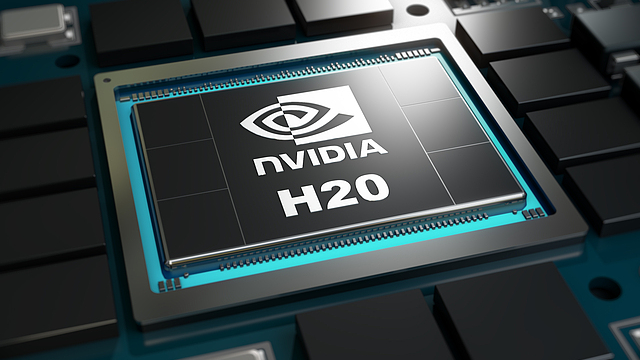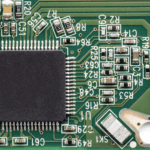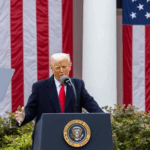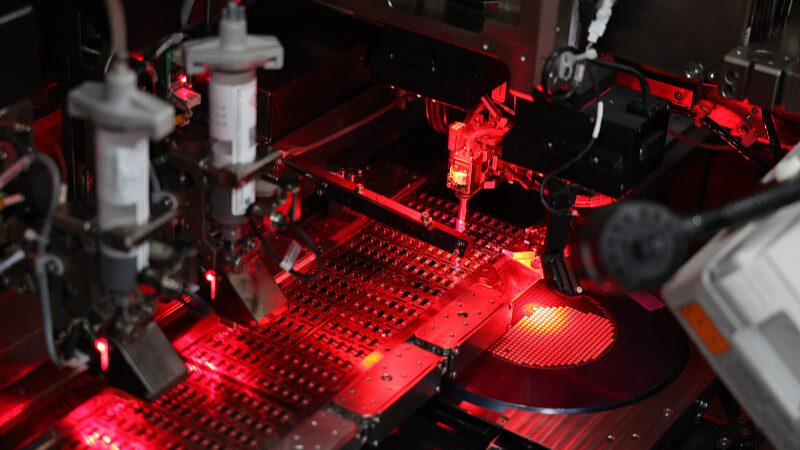In an era where technological collaboration underpins global progress, concerns over hidden vulnerabilities in U.S.-made hardware are raising alarms among allies and trade partners. Recent scrutiny of advanced H20 chips—a cornerstone of artificial intelligence systems—has intensified debates about the risks of relying on American technology.
Security Flaws and Strategic Distrust
Beijing has reportedly flagged potential security flaws in H20 semiconductors, echoing broader unease about U.S. export practices. These concerns gained traction after bipartisan U.S. lawmakers proposed legislation requiring "backdoors" in controlled chips, enabling remote monitoring or disabling of foreign systems. While framed as a security measure, critics argue such policies erode trust in American products.
F-35 Program Fuels Sovereignty Debates
The controversy extends beyond semiconductors. NATO allies like Germany and Canada have questioned their operational sovereignty over U.S.-made F-35 fighter jets, which require Washington's approval for critical upgrades. This dependency has spurred European efforts to develop independent defense systems—a trend accelerated by geopolitical uncertainties.
Global Implications for Tech Partnerships
As nations weigh technological self-reliance against innovation efficiency, the U.S. faces a pivotal challenge: balancing strategic control with maintaining its role as a trusted supplier. With AI and defense systems at stake, the outcome could reshape global supply chains and alliance dynamics in an increasingly multipolar world.
Reference(s):
cgtn.com








